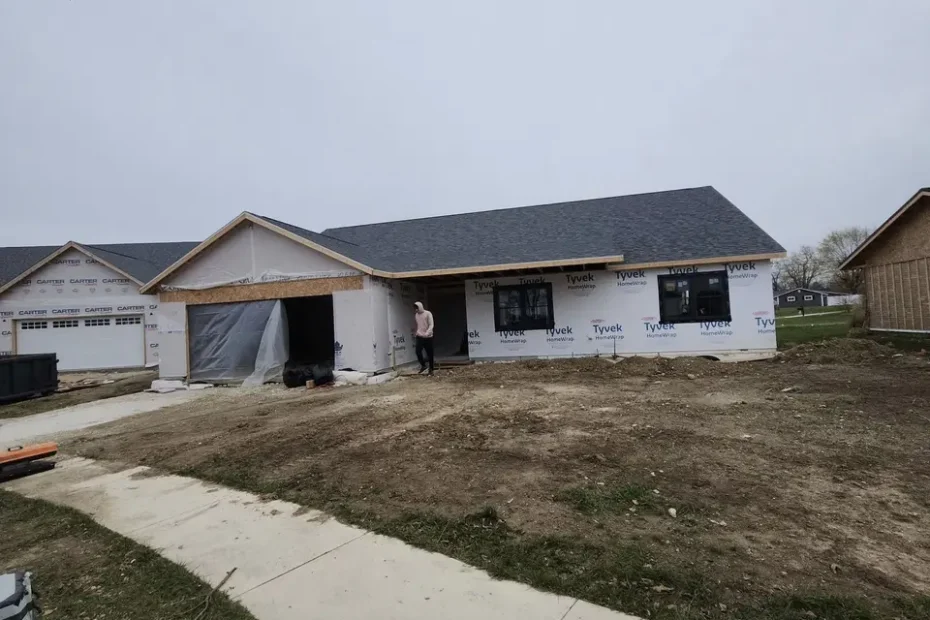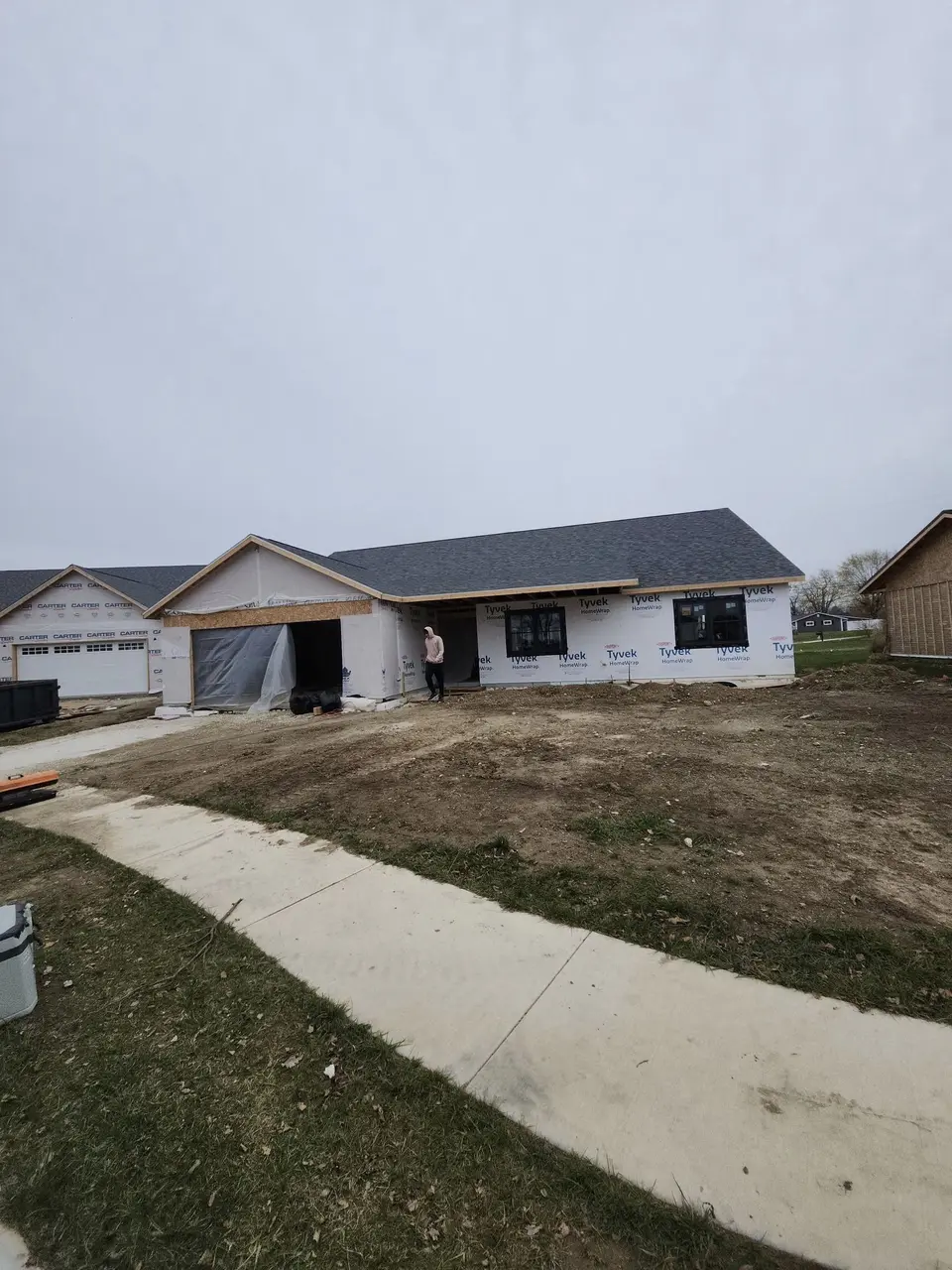Home insulation plays a vital role in keeping our homes warm and energy efficient during the cold winter months. Understanding its significance can help homeowners make informed decisions about their insulation needs. This FAQ explores the reasons why home insulation is essential in winter.
What is Home Insulation?
Home insulation refers to materials used in a building to optimize energy efficiency, maintain temperature, and reduce heat loss. It’s like a thermal blanket that wraps around your home, ensuring that the warmth stays inside during winter.
Common insulation materials include fiberglass, foam board, and cellulose. Each of these materials has its own advantages depending on the area you are insulating, whether it’s walls, roofs, or floors.
Proper home insulation doesn’t just contribute to comfort; it can also significantly affect energy consumption. Well-insulated homes require less energy for heating, making insulation a key factor in energy conservation.
How Does Insulation Work?
Insulation works by slowing down the transfer of heat. In the winter, it prevents the heat generated by your heating system from escaping and keeps the cold outside from creeping in. This means that your home stays warmer for longer.
The effectiveness of insulation is quantified by its R-value, a measure of thermal resistance. The higher the R-value, the better the insulation will perform. Different climates require different R-values to ensure optimal performance.
In addition to heat retention, insulation also serves as a sound barrier, reducing noise transmission from outside. This added benefit enhances your home’s comfort, making it a peaceful sanctuary during chilly winter nights.
Why is Insulation Crucial in Winter?
During winter months, the importance of insulation becomes even more pronounced. As temperatures drop, the challenge to maintain a warm indoor environment increases, making quality insulation not just a luxury but a necessity.
Poor insulation can lead to significant heat loss, causing your heating system to work overtime. This not only increases energy bills but also places undue stress on your HVAC system, potentially leading to premature failures or costly repairs.
Additionally, effective insulation helps regulate indoor temperatures, reducing the risk of cold drafts in the home. A well-insulated home contributes to a consistent and comfortable environment for you and your family.
What Are the Benefits of Good Insulation?
Good insulation offers a myriad of benefits, starting with energy efficiency. A properly insulated home can reduce energy consumption by up to 20%, which translates into significant savings on your monthly energy bills.
Beyond cost savings, insulation enhances the comfort level within your home. It creates an even temperature distribution throughout your living space, essentially smoothing out extreme temperature fluctuations.
Furthermore, effective insulation can enhance your home’s market value. Prospective buyers often view good insulation as a valuable feature that can result in lower future energy costs and increased comfort, making your home more attractive on the market.
How Can You Improve Your Home’s Insulation?
If you’re looking to improve your home’s insulation, start by assessing areas prone to heat loss such as attics, basements, and exterior walls. Simple solutions can include adding insulation batts or spray foam to create a solid barrier.
Another effective measure is to seal gaps around windows, doors, and other openings. Drafts are often the culprit behind uncomfortable cold spots, so applying weather stripping or caulk can make a significant difference.
Lastly, considering a professional energy audit can provide valuable insights into your home’s insulation needs. Experts can identify areas for improvement and recommend the right type of insulation to maximize your home’s energy efficiency.
The Benefits of Home Insulation
Investing in proper home insulation not only keeps your home comfortable during winter but also helps save on energy bills and reduces your carbon footprint. It’s an investment worth making for any homeowner looking to enhance their living space and energy efficiency.

